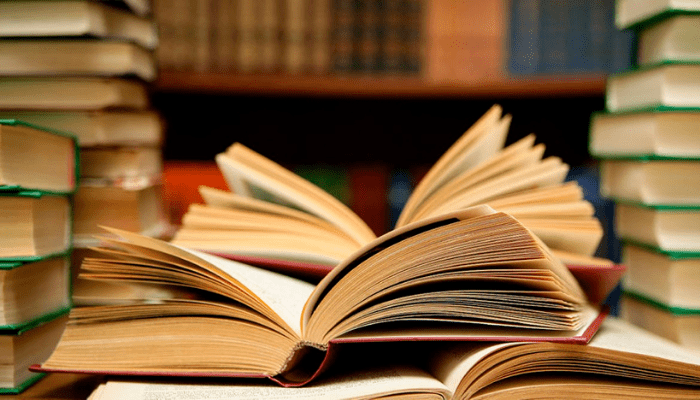My last treatise discussed modern literacy and how it encompasses much more than the mere ability to read and write. Equal to the problem of illiteracy in this age is ill-literacy. I described ill-literacy in a 2018 article as a kind of literacy that does not lead to personal, collective and national development.
Along these lines, the foremost Nigerian standup comedian, Ali Baba, once reported that he attended the Google for Nigeria Workshop where it was shared that the most googled topics in Nigeria were: how to prepare Banga soup, the richest musician in Nigeria and how to dance “shaku shaku.” While these inquiries are not bad in themselves, they do not reflect a generation of internet users who are keen on sharpening their intellect.
To therefore solve the problem of ill-literacy, promote modern literacy in the 21st Century and prepare for the demands of today’s workplace, three areas which involve literacy in one form or the other have to be promoted: professionalism/work ethic, oral and written communication, critical thinking/problem-solving. Notably, each of these rests on a number of skills and attitudes.
There are, to begin with, essential features of professionalism – otherwise called work ethic – that are expected of anyone in the workplace. In view of the foregoing, workers have to display a positive attitude towards the people they work with and work for in an organisation. Workers must also be ready to share knowledge, ideas and strategies with their colleagues in the workplace.
As a matter of ethics, workers should ask for feedback from others as a way of improving or learning new solutions. Moreover, it is ethical for a worker to persevere through problems encountered on the job. A worker must try to understand and support clients and colleagues. As a result, it is expected that a worker is respected by his/her clients and colleagues. What is more, workers should think of how to improve their performances in the workplace while adhering to protocol, practices and policies.
Next, there are written and oral communication expectations from every competent worker. Most importantly, every worker should be able to write logically organised and detailed documents that are devoid of mechanical errors. This explains that the official language of one’s workplace is a tool that every worker must strive to embody mastery of. Employers, too, should organise training for their workers in aspects of language use such as writing and verbal communication.
Essentially, workers should listen respectfully but actively, showing understanding through questions and comments. It, instructively, is wrong to interrupt a speaker, except when there is an urgent clarification. Within the communication need, one has to show understanding of, and respect for, others people’s perspectives, thus validating their positions. This is in line with the thoughts of Dale Canergie in his book “How to Win Friends and Influence People.”
Read also: Beyond the basics: Literacy in the 21st Century workplace
The author posits that the first task of a listener is to find sense in what a speaker is saying. As such, the opinions of others have to be regarded, even if they will be eventually discarded. It is likewise important to evaluate the audience and craft written or verbal communication accordingly. This implies that one cannot have a one-style-works-for-all work relation. By extension, workers must deploy appropriate means to engage different persons and their needs. Finally, workers must communicate in a language that is appropriate for the audience, occasion and purpose. This implies that we must switch between formal and informal language, casual and serious tones, and calm and stern stances in interacting with people in the workplace.
Moving on, critical thinking is another essential workplace skill in the 21st century. It has been defined as the systematic evaluation or formulation of beliefs or statements by rational standards. Also, it is defined as a set of information and beliefs, generating and processing skills, and the habits of using those skills to guide behaviour. Simply put, critical thinking involves the ability to carefully process a thought or decision before implementing it.
Researchers have mentioned some habits of a critical thinker, and the first among them is truth seeking. This means that a critical thinker must ask questions and follow evidence. Also, a critical thinker should be able to make judgements in the face of difficulties and amidst uncertainties. Additionally, a critical thinker should be inquisitive by striving to be well informed on diverse topics. Still again, a critical thinker must be confident in his or her reasoning.
This means that you must trust in your own ability to make sound decisions without feeling inferior. It is important, as well, for a critical thinker to be systematic. This entails being organised, thoughtful and procedural in how one approaches issues. A critical thinker should also have an analytical mind by being able to separate things into components in order to generate patterns. Finally, a critical thinker should be open-minded and receptive of other opinions.
In conclusion, while all of these aspects discussed might not be directly related to reading and writing which are the primary literacy skills, anyone who intends to be productive with his or her literacy and seeks relevance in this age must grow in the three areas discussed in this piece. The suggestions in this piece are, thus, capable of ensuring efficiency and effectiveness in the work environment.







